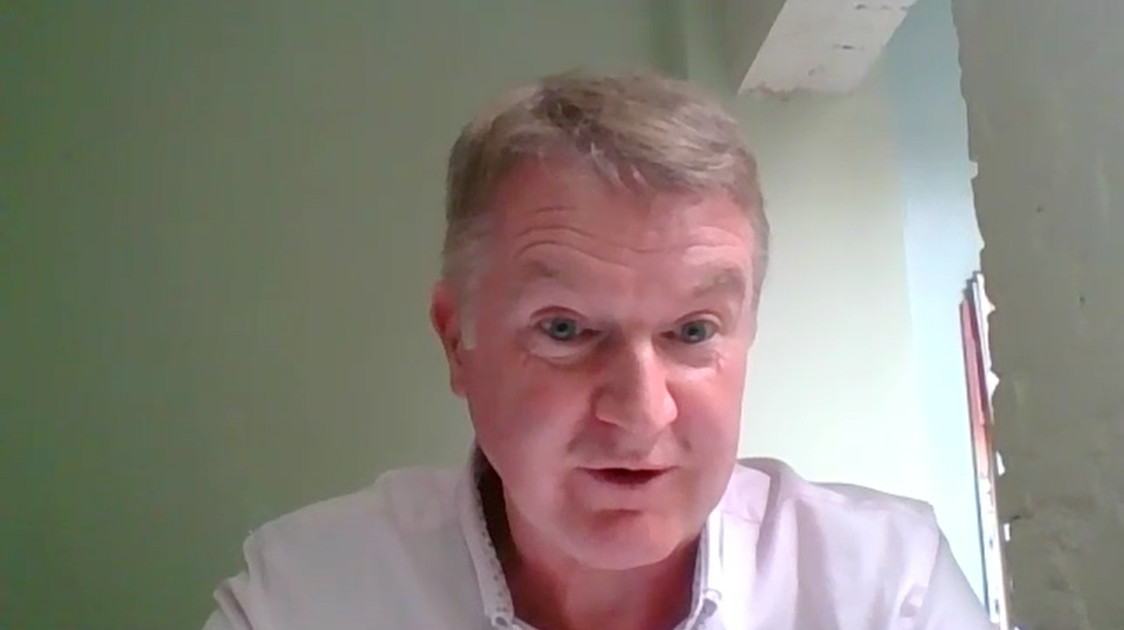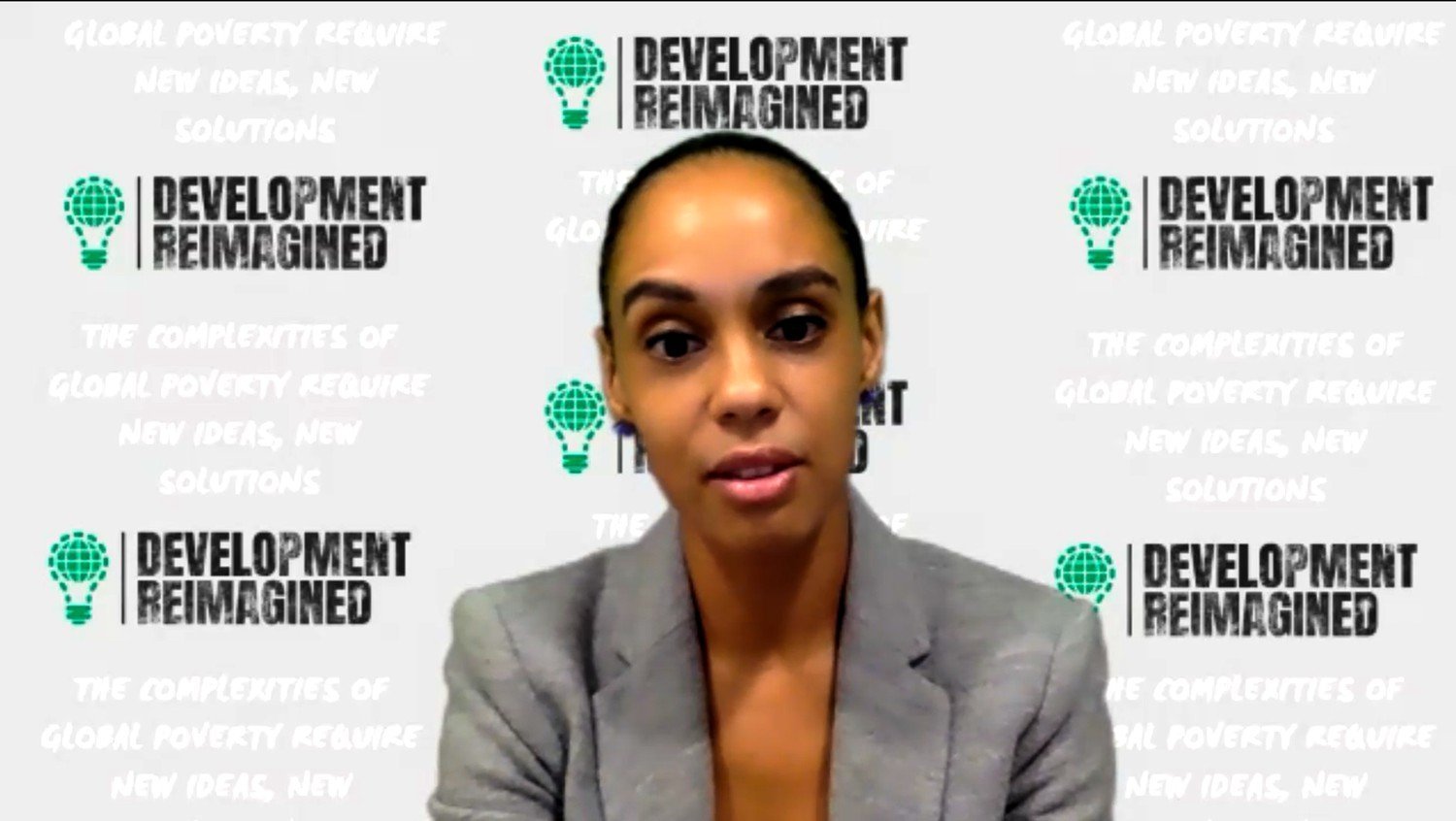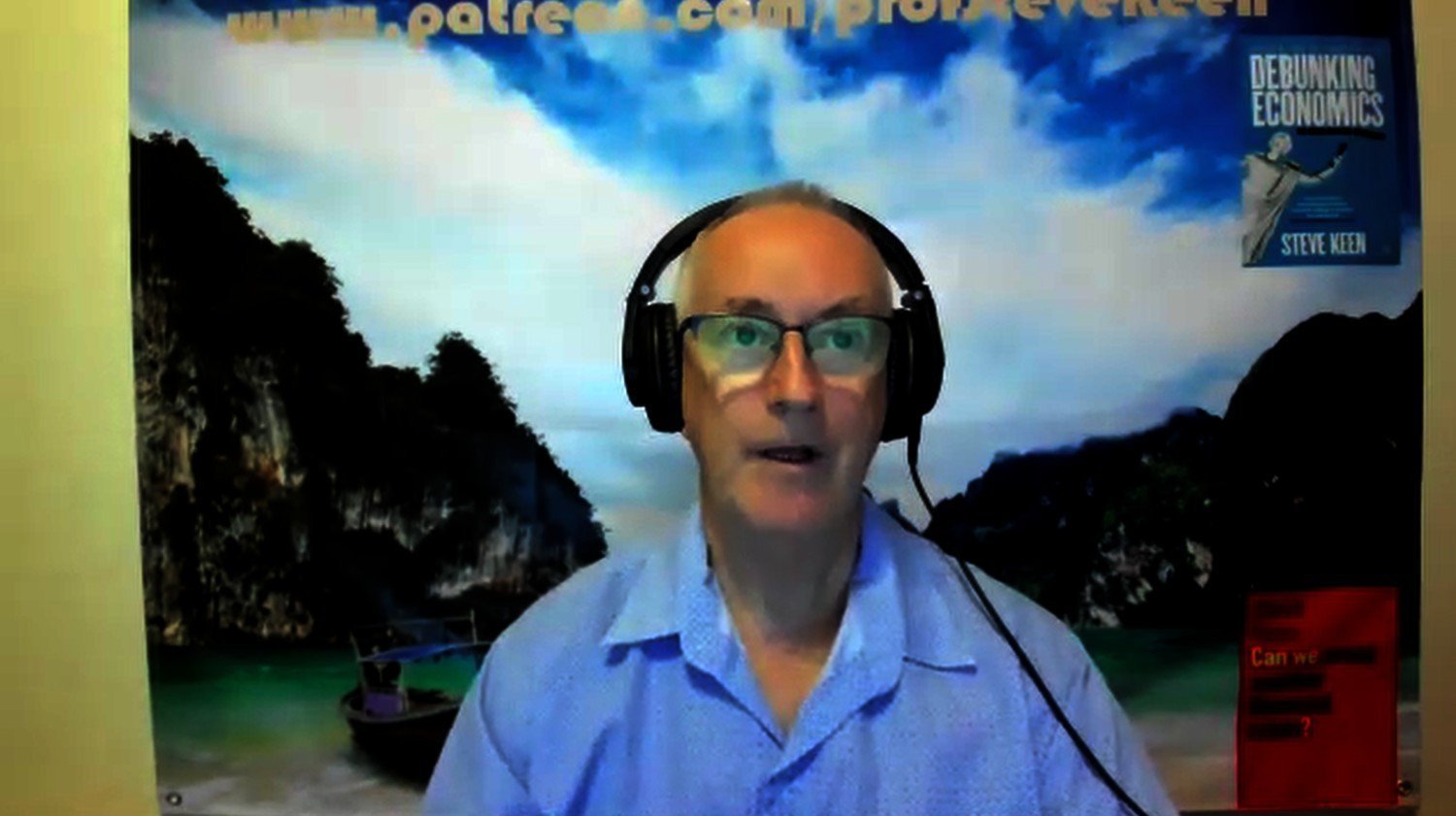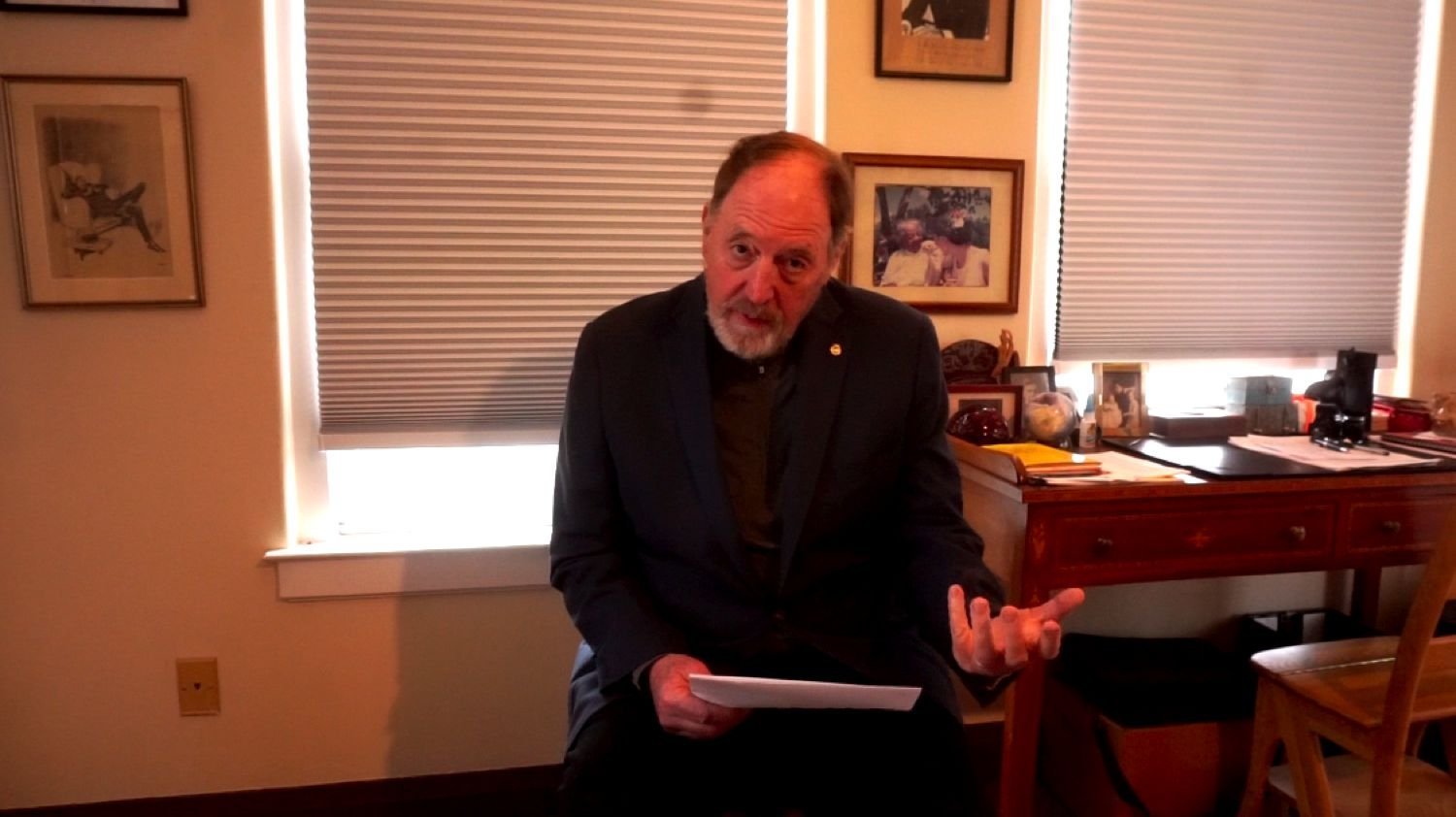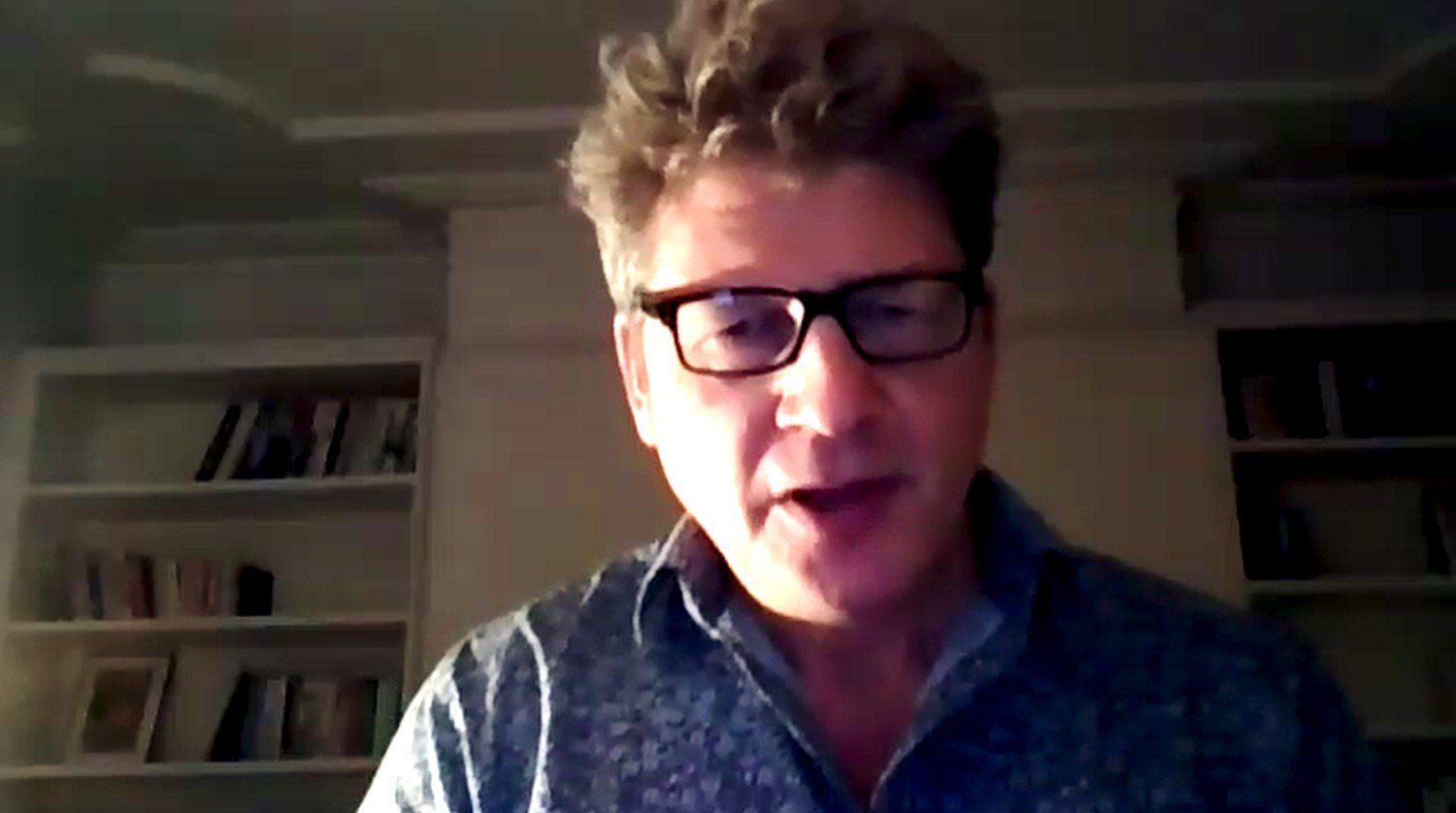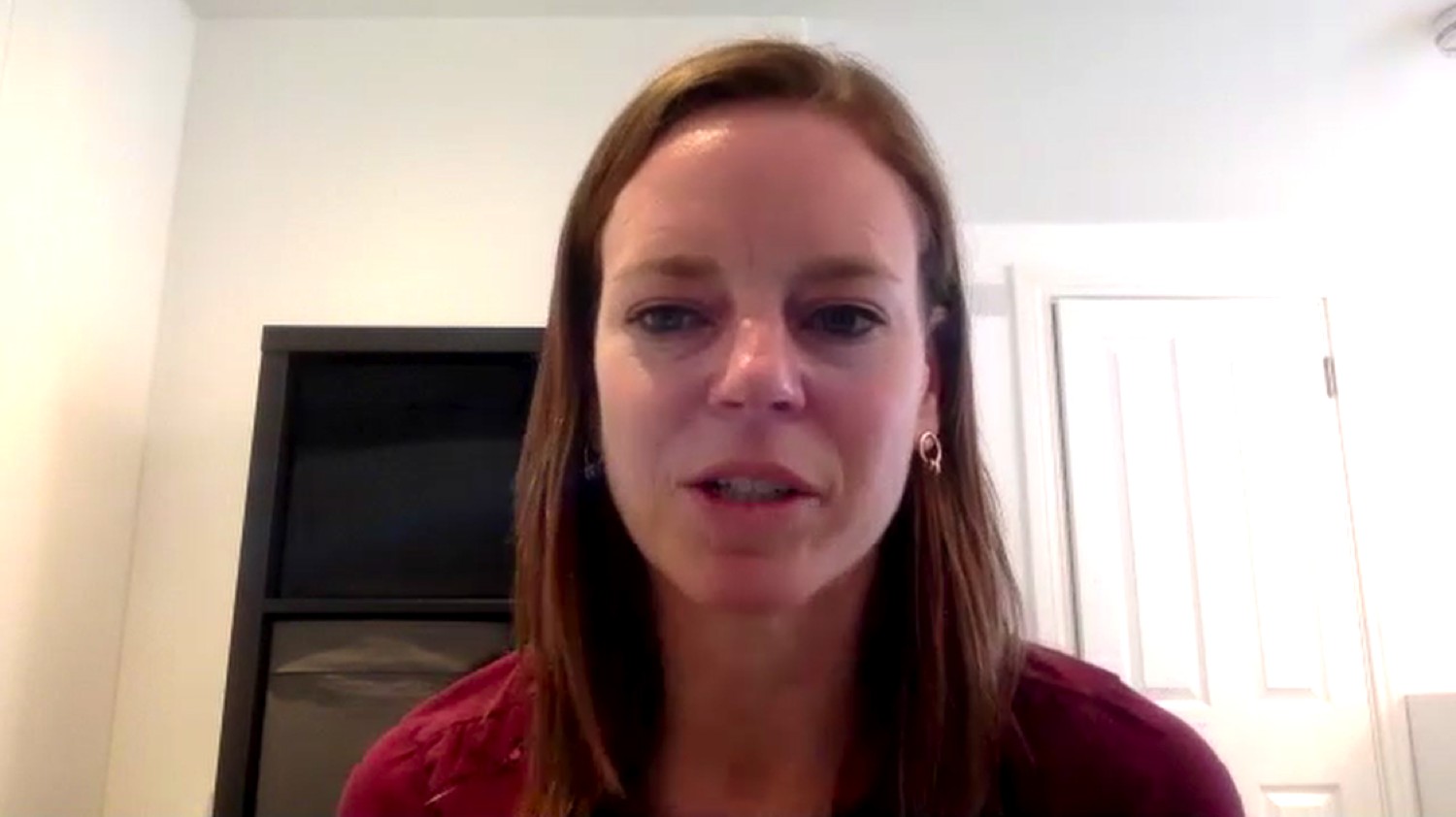Keyu Jin
Chinese. Economist, Associate Professor at the London School of Economics and a World Economic Forum Young Global Leader
1. Why does economics matter?
Economics is really our way of life. It defines pretty much everything we do. Economics is important because it gives us a chance to structurally think about our decisions, about government decisions, about people’s behavior, our investment decisions, our consumption decisions, our decisions on how much to educate our children. It gives a guideline as to how we make these choices, what are the rational choices? But if we don’t want to make these rational choices, why we don’t want to make these rational choices. So, economics, as a study or way of thinking, helps us understand better our behavior, but also helps us to structurally even quantify the impact of our decisions, the impact of the government’s decision, etc.. It is basically a structured way to think about everything we do, every decision we make in daily life.
2. What are the differences between economic science (academic economics) and economic engineering (policymaking)?
There is a set of questions that academic economists are particularly interested in. There is also an overlap with what policymakers are interested in and what the general public is interested in.
So there are overlapping questions, but it’s not a complete overlap. Economic science, like any other science, also wants to deepen existing knowledge so we can further knowledge and raise the potential of understanding even deeper questions in the future. It is kind of like technology. It’s a building block to spawn further answers that we might not have yet or questions we might not think of.
So, policymakers also have a heavy responsibility because there’s an impact about the decisions that they try to make that affects people’s daily lives. Now, do academic economists really care about what the next quarter GDP is? Well, some might, but that doesn’t usually get into academic journals. However, these are very important numbers for policy institutions, for business people, for many different actors in society, but not necessarily for academic economists. I think there is too much of a bias and prejudice against the questions that academic economists sometimes like to pose that might appear to be esoteric or not real world relevant.
But I think that is an unfair kind of accusation because, again, these are our building blocks for further knowledge and sometimes they might introduce methods which can be applied to policy relevant questions or questions that general public or business communities might be interested in. So, it should be allowed, it should be tolerated, that there are separate different kinds of interests that are more appealing to certain groups than others. But, as a discipline, I think it has advanced human knowledge and expertise about how economic systems work, how individual behavior and choices are made. And, that can be applied to a wide range of questions as well as methodologies, which have been very important for policymakers - whether working in central banks, or with the International Monetary Fund, they are using academic economic progress as a basis.
3. What role does economics play in society? Does it serve the common good?
When I talk to people outside the academic economic profession, the first thing they tell me is that people are not rational, people are just irrational beings, and they’re more sold by psychological impetuses than economic rationales. I mean, I completely understand that, but maybe that’s not the point. The point is, first of all, to understand what rational behavior is. If we move from individuals to institutions, institutions might be more rational. Larger groups might be more rational, quote unquote, than individuals.
But we really want to know what the basic benchmark is, and then we can better understand why we deviate from that benchmark, why we make certain choices than others. And, in the same way, business people have their spreadsheets and their models, and they make forecasts, and they make decisions based on these forecasts. And, these models prove to be important for that. Now, whether they make the decision to invest or not invest or to do this or not, might have their idiosyncratic reasons, but they first have to know, as a benchmark, what that strategy should be.
So that’s how we should think about economics as a discipline, at least how I think about it. But what is really interesting is also: we know that economics, as a theoretical construct, works pretty well when things are normal, at least not macroeconomics. But, they have proven to be less useful as a benchmark to understand when things don’t work so well, like the 2008 financial crisis, like a major global pandemic kind of crisis or disequilibrium. So, there are gaping holes in the profession, there is no doubt about it. But little by little, the profession advances and hopefully in a way that is useful for real world problems.
So that kind of answers the question as to what whether it is useful to society or not. I believe it is, but it depends on how it’s used. If economic models are used for perfect forecasting, whether about your stocks or about GDP or growth, or whether there’s going to be a Black Swan event, or whether there’s going to be the next coming financial crisis, using economic models as a sole basis for these kind of judgments, I think people would be very disappointed. But, maybe, again, that is not the only purpose that economics as a discipline serves. Not only about predicting the future, because guess what, the world is complex; there are so many dimensions, so many variations, so many variables, including human ones, that one cannot predict based on models. But, if an economic mechanism can explain 20, 30 percent of the phenomenon, or 50 percent of the phenomenon, I think it’s very successful. Because it tells us why, it tells us how, it tells us with this mechanism, what’s going to happen in the future, but it doesn’t give you the full picture.
So I think it is useful in so many different ways for society, but it really depends on how it is used and how it is viewed. Now, some other people might exploit these economic models to make forecasts or to take advantage of other people by selling financial products or selling merchandise, by trying to convince them of some inherent Black Box, magic or logic embedded in these economic models. And, of course, people can abuse it. Now, a lot of what happened during the, prior to the financial crisis of building up these risks and mispricing the risk of these assets, and adding layers and layers of complexity while not giving a full picture or not even an understanding the full picture themselves, because they don’t see the full scale of the financial model, is something that people have abused and have created huge negative consequences for society.
So it really depends on how it’s used.
4. Economics provides answers to problems related to markets, efficiency, profits, consumption and economic growth. Does economics do a good job in addressing the other issues people care about: climate change and the wider environment, the role of technology in society, issues of race and class, pandemics, etc.?
Economics is not an all-encompassing discipline. One of the critical things that is missing is the issue of ethics and morality, which one can say encompasses things like inequality, fairness, climate change and equal opportunities, et cetera. Now, if we’re using pure economic theory, an economic model of supply and demand to make these decisions, these moral and ethical concerns, to give you just a few examples, not be taken into account. And of course, that is not how society should operate and not how individuals and the government should make their decisions purely based on economic reasoning and cost benefit analysis.
There are many, many different examples where what is fair in a market economy is not fair morally. During the Hurricane Katrina event, if markets only operated based on supply and demand and the cost that people should be charging to remove the logs from their houses should be really, really, really high. But is that a moral thing to do? It is not a moral thing to do. So economics cannot answer to these questions.
The biggest challenge in today’s society is income inequality. As we have seen, it is underlying the current of populism and growing violence and divergence between the general public and elites. Do economic models solve that? Well, not entirely. In fact, economic growth can even create more inequality. Is that fair? Well, it depends on what perspective you’re doing it at. From an economic perspective, if Jeff Bezos and Elon Musk are the most productive people in the world, they should be the richest people in the world and so many times richer than the average average Joe. That might be fair according to an economics model, but that is not fair according to our human, ethical, moral standard. So economics does not intend and has never claimed to take into account those factors.
Now, I think it does however keep up with society in the sense that important things such as climate change, technology, even now with the pandemic, are being factored into economic models to the extent that is possible. And it is still very enlightening because you can use economic methods and economic reasoning to understand what role they can play, what kind of resources one should allocate to environments, environmental sectors and technology. There are a lot of decisions that can be made using the discipline of these models and the tools that economics has provided. Technology does feature very prominently economic models. In fact, it is the basic ingredient that can lead to sustained economic growth in any society. And many economists have studied it in depth, although not all aspects of it are incorporated in economic models. So the bottom line is that economics does not account for everything, especially morals and values and ethics. But, as a discipline, it is keeping up pace with real world challenges such as climate change and inequality, and it can only do so much. The rest is a human decision, and that is kind of the beauty of human societies, where there are human fallacies, human folly and errors, made and adjusted, and over time and through general historical experience.
5. As we live in an age of economics and economists – in which economic developments feature prominently in our lives and economists have major influence over a wide range of policy and people – should economists be held accountable for their advice?
Economists should be cautious and careful about the kind of advice they give. They should be free from interests, from financial interests with corporations that are affiliated with, or businesses or governments. This is the basic ethical responsibility. I think they should be cautious about interpreting their results and their findings. Perhaps in certain kind of data sets, in certain kind of contexts, what they say is true under certain conditions, but that is not easily generalizable. Allowing the general public or others to misinterpret it should also be avoided.
I’m not sure that economists should be held accountable for all of their predictions because that would actually give them a lot of flattery and praise for their status in society. I think that’s more than they deserve for the reason that prediction is not necessarily what economic models are best used for. There are many other people specialized in using Big Data and all these kind of quantitative methods and financial institutions, and many others, to analyze data in an uncanny way. Not really to understand what’s going on behind the data, why A is causing B, but more about relationships and correlations rather than causations. So I think that economists should be humble in terms of what their results and their findings can say to society rather than over interpreting them.
6. Does economics explain Capitalism? How would you define Capitalism?
It’s a very interesting observation that as an economist coming from China - but trained in the West - I’m seeing two very different economic models in play and quite successful in their own way. One is the free market liberal economics practiced by people in the US and then very strong political economy or state economics practiced in China. And of course, I’m trained in the US at Harvard. So as an economist, everything I’ve known about economics, I’ve studied, I’ve learned in the US. I think we really need to have a rethink about what is conventional economic theory, what is the conventional economic model, whether there is really just one economic model based on, broadly speaking, the Invisible Hand theory, or whether there might be some alternative that could be, in certain contexts, even more effective and better than free market economies. And, sometimes it could perform worse.
China is a very good example, I think, that illustrates that the role of the state can be effective at times. And it does propel a very different political economy model where politics play a very central role. Now, usually in Western economics, we tend to think that small government is good, less state is better than more state, and there’s a strong bias against government actions, which are interpreted as government interventions. And, then the massive, unwieldy slumbering state is suppressing the private sector, etc. That tends to feature very prominently in the narrative in the West.
But, I would be cautious as to making such kind of very clear and conclusive arguments in that spirit because, if we look at China, it does have a very, very highly effective political economy model where the state plays a very central role. But, within China, there’s not just one model, but several models. And some models work extremely well, even better than market economy and capitalism, as you understand it. And some models exactly fall into the trap of what Westerners call the corrupt extractive state, right?
I think China’s fascinating because it showcases that, how the state intervenes, the extent of state intervention, and under what conditions it intervenes, really matters for the outcome. It is not to say that state participation is either good or really bad. No, it’s not black and white, and China presents the evidence for that. We give you an example. Shenzhen is a southern city in China, and it’s the home to the most innovative technology companies including Tencent, which owns WeChat, and Huawei. This city has a government or local government that is close to the private companies, but also very light or very clean. So it facilitate private company growth by giving them lots of land, free land, lots of cash and products and procurement to help them do investment, help coordinate supply chains, everything you can think of to help these companies grow faster and overcome lots of administrative barriers. But yet at the same time, it is relatively lean in terms of not being overly oppressive or corrupt.
And what’s the verdict? The outcome is that the GDP of the city grew more than twelve thousand times between 40 years ago and now, and it’s far surpassed its neighboring cities such as Guangzhou and Zhuhai. But we can give you also many other examples - further north - in China, where the state is close but not clean, or the state is neither clean, not close, and that becomes the extractive state and a highly corrupt state. And that’s what people would refer to as a very failed state model.
But this shows that how it’s done really matters. So can we just think about capitalism, free market economy as the only way to go? No, because what Shenzhen and places in Jiangsu and Zhenjiang, which is close to Shanghai, have shown is this model can be highly efficacious. How do you bring a city from a fishing village into a world superpower in manufacturing and technology within such a short period of time? If you actually just waited for capitalism to build on its own - markets does slowly build, financial markets to mature - this will take a long time. It took the West hundred years or more to build that. China did it in a third of that time. Because there is an active state coordinating all these resources, overcoming these frictions, stepping in when these institutions are immature and playing a very, very active role. But again, it depends on how. So I think China’s case is a good example where we should question whether there’s only one economic theory or one basic economic theory at play. We should expand these possibilities.
7. No human system to date has so far been able to endure indefinitely - not ancient Egypt or Rome, not Feudal China or Europe, not the USSR. What about global Capitalism: can it survive in its current form?
It’s very clear that capitalism is needing unprecedented challenges today. Rising income inequality, which is a natural outcome of capitalism as it works and operates on its own, is a major problem. And, the fairness of opportunity and justice is not taken into account by these capitalistic mechanisms. Reckless behavior of financiers is what caused the financial crisis that really brought down with it not only American institutions but also European institutions and destroyed so much wealth of ordinary people from around the world. Those follow the natural rhythms and trajectories and mechanisms of capitalism, but was that the right thing to do? Absolutely not. So I think what is really interesting is that after 2008 countries such as China or other emerging markets started to question how much does the West really have to teach us, to teach the Chinese and the Indians and others, based on their capitalistic societies and systems, which is the one that has brought down the world in the financial meltdown because of the wrongdoings of irresponsible financiers?
And, I think that was a turning point in terms of this kind of conviction towards free market, unfettered markets, and many of these developing countries also before then took advice from Western institutions such as the IMF or the World Bank or Western governments telling them what to do: “open up your markets, let capital come in and come out, liberalize your financial markets”. And many resulted in disastrous situations where you had exchange rate crises, financial crises, capital outflows and huge amount of volatility. And the lack of macroeconomic stability wrecked havoc for many of these emerging markets.
Now, luckily, China did not take those advices and instead it first liberalized its trade, being very cautious in terms of opening its financial sector, not letting capital flow in and flow out like hot money, and being very selective about the type of opening up or policies that the West prescribes to China. So I think over time, people have come to the recognition that these kind of prescriptions based on a very general capitalistic system, were not necessarily the right ones. So capitalism as it is needs to be modified, or our understanding of it needs to be more nuanced.
First of all, different countries have different preferences. Some might value stability and slower growth, while others might value higher growth and more reckless growth and more risky growth. Some countries might care more about less inequality and growing at a steady growth, and some might really care more about being the technological superpower of the world and doing whatever it takes. So, there are different preferences across countries and they might make their own economic model work for them.
But, as a general whole, I think that our understanding of capitalism needs to be modified. Our studies about how these systems work needs to be modified, and we need to incorporate many more of the things that we deeply care about, like our values and our ethics.
8. Is Capitalism, or whatever we should call the current system, the best one to serve the needs of humanity, or can we imagine another one?
Well, capitalism, as we know it, seems like a very cold concept: efficiency systems and mechanisms and players interacting with each other based on a rational way. Now, China’s approach is a bit different. It’s a combination of market mechanisms which work very well, but also a very strong role for the state. A defining characteristic of the Chinese state is that it not only controls resources, but it can mobilize resources and it can allocate resources. And it doesn’t have to do it according to market demands and market needs. And sometimes this is very important and useful. For instance, during the pandemic, the ability to gather all these resources very quickly and to leverage technologies that are built by private companies, very quickly do the track and tracing, to share data across the hospitals. That’s the kind of power that perhaps only the Chinese state has, but has served a very important purpose and role.
If China wants to become a technological superpower and the state is behind it, mobilizing the entire country, connecting from universities to national labs to local governments to companies, making it a whole network and making sure that innovation is encouraged and the necessary amount of money is spent on building cutting edge technology, et cetera, that will be very, very important. Again, this is not based on pure market economics and market capitalism as it is. So China has chosen a combination of both. Sometimes it would also serve more social purposes. For instance, the fight against major monopolies might be easier to be done in China than in the US, and maybe that would be for a good reason. Mobilizing resources to fight poverty and completely eliminate poverty, very quickly, is not an outcome that, based on pure capitalistic systems and market economies, would be able to achieve.
But the government can do it because it can just pull resources into into these regions, into regions and helping these people by specifically targeting. That’s, again, something that is outside of pure market economies. There’s so many examples to that effect. Now, of course, that can also be abused, right? I think the reason that people are so skeptical about any role for the state or a major role for the state is that it can be abused and used for the wrong reasons, and it could be highly effective at doing that. We’ve seen that in the past where the state has a concentration of power and it led to very disastrous outcomes. We’ve seen that in all over the world and that has given us an impression that is a likely outcome with absolute power. So I wouldn’t say that there’s no risk. There is a risk precisely because when you don’t leave it just to pure capitalism or market economies, there’s a risk of this, the Bad Emperor problem, if you will. So, that, I think, is the main difference.
So far if we believe that you have a benevolent government where the government really cares about maximizing the welfare of the people, it can actually be much more effective in doing that than having a pure capitalist society. If China really wanted to tackle the inequality problems, it does not necessarily have to rely on pure market mechanisms to slowly resolve that. Or, you have lots of different kind of policy tools to address that. It has a range of levers and tools much, much more available to them than what is available to normal governments.
So, the question is, how do you use it? And again, we have to take into account that countries have different sets of preferences, and China wants to grow really fast and wants to become a technological superstar. And there are consequences and there are sacrifices made along the way. For example, during China’s growth, there was a sacrifice of consumption. People saved a lot in order for this capital to go into the companies, to fund these companies, to build these factories, to build a manufacturing powerhouse. Consumption was suppressed. That is a sacrifice that current and past generations have made. Not many other countries might want to go down that road.

